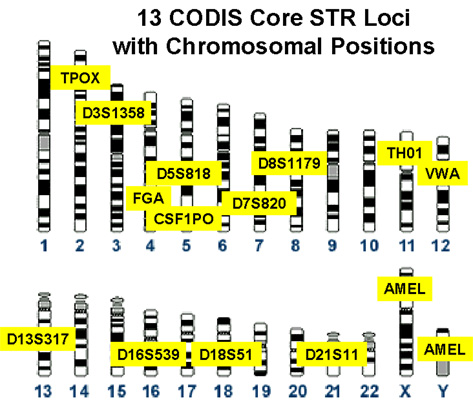The House of Lords Science and Technology Committee have just completed a follow-up inquiry into “Personal Internet Security”, and their report is published here. Once again I have acted as their specialist adviser, and once again I’m under no obligation to endorse the Committee’s conclusions — but they have once again produced a useful report with sound conclusions, so I’m very happy to promote it!
Their initial report last summer, which I blogged about at the time, was — almost entirely — rejected by the Government last autumn (blog article here).
The Committee decided that in the light of the Government’s antipathy they would hold a rapid follow-up inquiry to establish whether their conclusions were sound or whether the Government was right to turn them down, and indeed, given the speed of change on the Internet, whether their recommendations were still timely.
The written responses broadly endorsed the Committee’s recommendations, with the main areas of controversy being liability for software vendors, making the banks statutorily responsible for phishing/skimming fraud, and how such fraud should be reported.
There was one oral session where, to everyone’s surprise, two Government ministers turned up and were extremely conciliatory. Baroness Vadera (BERR) said that the report “was somewhat more interesting than our response” and Vernon Coaker (Home Office) apologised to the Committee “if they felt that our response was overdefensive” adding “the report that was produced by this Committee a few months ago now has actually helped drive the agenda forward and certainly the resubmission of evidence and the re-thinking that that has caused has also helped with respect to that. So may I apologise to all of you; it is no disrespect to the Committee or to any of the members.”
I got the impression that the ministers were more impressed with the Committee’s report than were the civil servants who had drafted the Government’s previous formal response. Just maybe, some of my comments made a difference?
Given this volte face, the Committee’s follow-up report is also conciliatory, whilst recognising that the new approach is very much in the “jam tomorrow” category — we will all have to wait to see if they deliver.
The report is still in favour of software vendor liability as a long term strategy to improving software security, and on a security breach notification law the report says “we hold to our view that data security breach notification legislation would have the twin impacts of increasing incentives on businesses to avoid data loss, and should a breach occur, giving individuals timely information so that they can reduce the risk to themselves“. The headlines have been about the data lost by the Government, but recent figures from the ICO show that private industry is doing pretty badly as well.
The report also revisits the recommendations relating to banking, reiterating the committee’s view that “the liability of banks for losses incurred by electronic fraud should be underpinned by legislation rather than by the Banking Code“. The reasoning is simple, the banks choose the security mechanisms and how much effort they put into detecting patterns of fraud, so they should stand the losses if these systems fail. Holding individuals liable for succumbing to ever more sophisticated attacks is neither fair, nor economically efficient. The Committee also remained concerned that where fraud does take place, reports are made to the banks, who then choose whether or not to forward them to the police. They describe this approach as “wholly unsatisfactory and that it risks undermining public trust in the police and the Internet“.
This is quite a short report, a mere 36 paragraphs, but comes bundled with the responses received, all of which from Ross Anderson and Nicholas Bohm, through to the Metropolitan Police and Symantec are well worth reading to understand more about a complex problem, yet one where we’re beginning to see the first glimmers of consensus as to how best to move forward.



